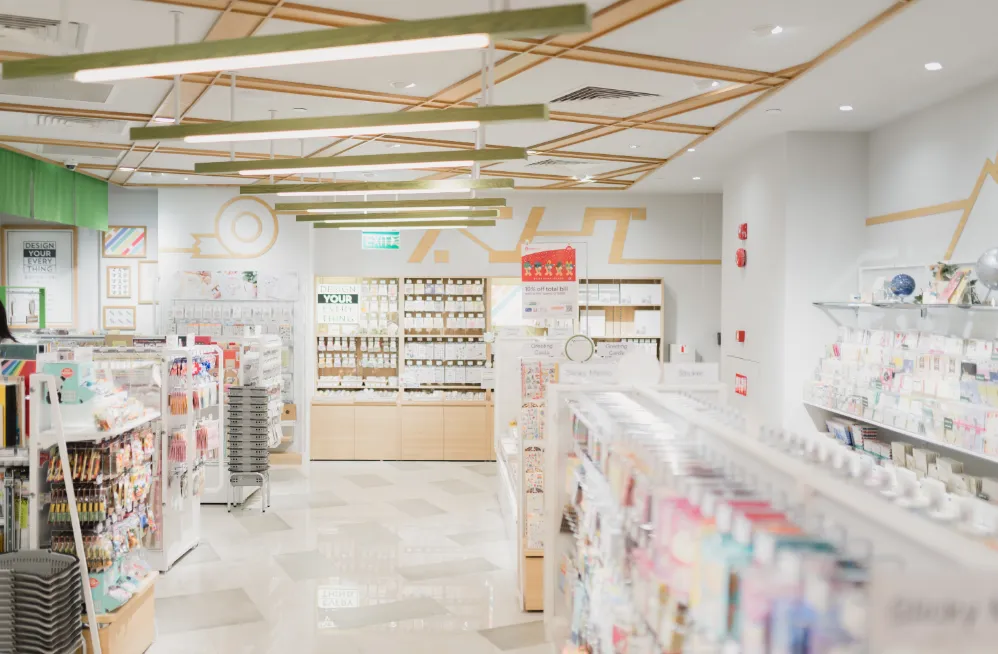Make a Call to Your Healthcare Provider
If you get wind that your medication isn't available, your first move should be to ring up your healthcare provider. Let them in on the situation and seek their guidance. They can offer alternatives, write a different prescription, or advise you on how to ride it out until your medication is back in stock. Remember, open chats with your healthcare provider will pave the way to a solid solution.
Have a Heart-to-Heart with Your Pharmacist
Pharmacists are a wealth of knowledge when it comes to meds, and they're your go-to during medication shortages. Share your predicament with your pharmacist. They can point out different brands or suggest similar medications to tide you over. Plus, they often have the inside scoop on when the shortage might end, upcoming restocks, or if other pharmacies in your area have your medication.
Investigate Other Treatment Options
Sometimes there are other meds out there that can do the job just as well. Your healthcare provider can team up with you to find substitute medications that can keep your condition in check. But before making any adjustments to your meds, it's essential to check in with your healthcare provider to ensure you're safe and the new medication works like a charm.
Try Online or Mail-Order Pharmacies
If your local pharmacy has empty shelves, don't despair! Online or mail-order pharmacies might just have the ticket. Spend some time digging into reliable online pharmacies or ask your healthcare provider for any they'd recommend. Just remember, always ensure the online pharmacy you choose is legitimate, licensed, and sticks to regulatory standards to keep you safe.
Get Ahead of the Game and Be Proactive
Even though medication shortages can catch us off guard, it pays to plan ahead. If you get a whiff of possible shortages or disruptions in the supply chain, have a chat with your healthcare provider beforehand. They might be able to provide a larger supply or give you tips on managing until your medication is back in the game.
Make Sure You Know Your Price in Advance
Before you head to the pharmacy for a recommended replacement to your out-of-stock medication (and before you fill or refill any medication), check out the RxLess site or the free RxLess app for your medication, dosage, form, and preferred pharmacy. You'll never pay more than the price in the app, thanks to our real-time price finder, ensuring you get the best available price every time.
What Medications Are Commonly Prescribed as Alternatives to Other Drugs?
Medications can have alternatives in the form of other drugs, which may belong to the same class or offer similar therapeutic benefits. Here are some commonly prescribed drugs and their potential alternatives:
Statins (Cholesterol-lowering medications):
Commonly Prescribed: atorvastatin (Lipitor)
Alternatives: simvastatin (Zocor), pravastatin (Pravachol), rosuvastatin (Crestor)Proton Pump Inhibitors (For acid reflux and GERD):
Commonly Prescribed: omeprazole (Prilosec)
Alternatives: lansoprazole (Prevacid), pantoprazole (Protonix), esomeprazole (Nexium)SSRIs (Antidepressants):
Commonly Prescribed: fluoxetine (Prozac)
Alternatives: sertraline (Zoloft), paroxetine (Paxil, Pexeva), citalopram (Celexa)Beta Blockers (For high blood pressure and heart conditions):
Commonly Prescribed: atenolol (Tenormin)
Alternatives: metoprolol (Lopressor, Toprol-XL), propranolol (Inderal), bisoprolol (Zebeta)Benzodiazepines (For anxiety and sleep disorders):
Commonly Prescribed: alprazolam (Xanax)
Alternatives: diazepam (Valium), lorazepam (Ativan), clonazepam (Klonopin)ACE Inhibitors (For high blood pressure and heart conditions):
Commonly Prescribed: lisinopril
Alternatives: enalapril (Vasotec), ramipril (Altace), quinapril (Accupril)NSAIDs (Anti-inflammatory and pain-relief):
Commonly Prescribed: ibuprofen (Motrin, Advil)
Alternatives: naproxen (Aleve, Naprosyn), meloxicam (Mobic), celecoxib (Celebrex)Biguanides (For type 2 diabetes):
Commonly Prescribed: metformin (Glucophage)
Alternatives: While metformin is the primary biguanide, there are other classes of antidiabetic drugs like sulfonylureas (e.g., Glipizide, Glyburide) or DPP-4 inhibitors (e.g., sitagliptin, saxagliptin).It's essential to note that while alternatives exist, they might not be suitable for everyone. Each drug has its unique side effect profile, interactions, and contraindications. The decision to switch medications or choose an alternative should always be made in consultation with a healthcare professional, who can provide guidance tailored to individual needs.
Keep Yourself in the Loop
Stay tuned in to news and updates related to medication shortages. The FDA's Drug Shortages website and the World Health Organization (WHO) are handy online tools that keep you updated on current shortages, supply chain issues, and the steps being taken to fix them. Being in the know puts you in a position to be proactive and make smart decisions about your healthcare.
Running into medication shortages at the pharmacy might seem like a major roadblock, but with these options up your sleeve, you'll be ready to face the situation with a smile and ensure your health stays on track, even during shortages.
















